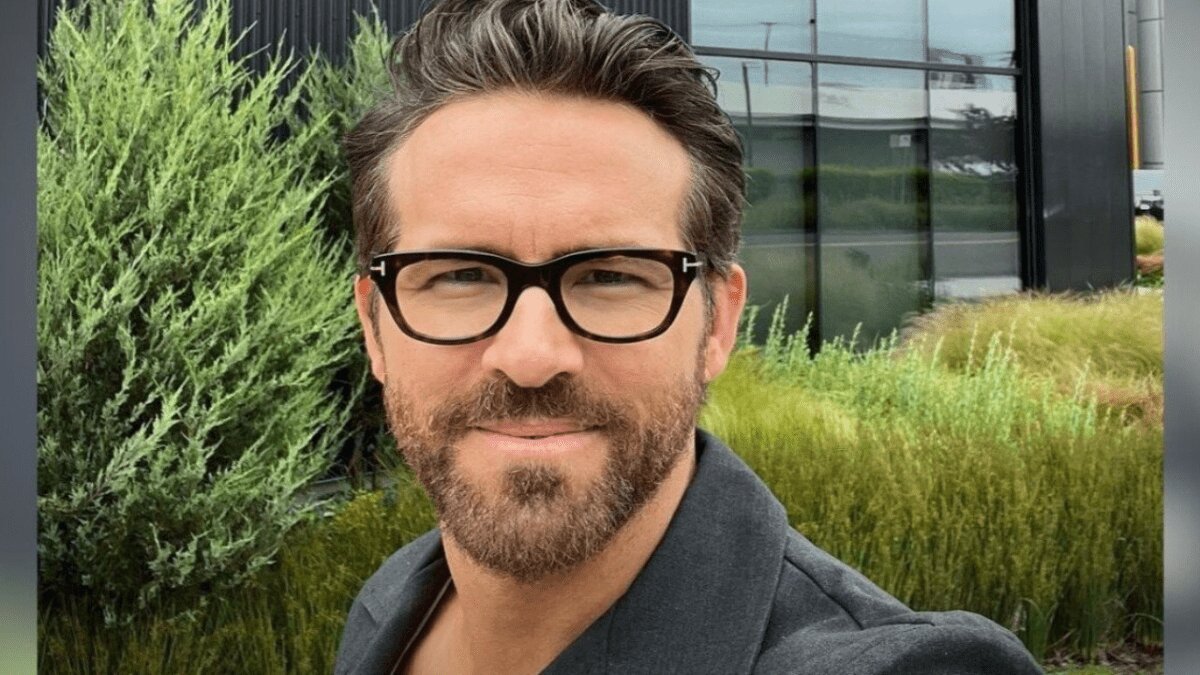Ryan Reynolds has opened up about his challenging relationship with his father, James Chester Reynolds, particularly after James was diagnosed with Parkinson’s disease. In an interview with PEOPLE, Reynolds shared how the illness, which brought with it hallucinations and delusions, created a rift between them when he was just 22 years old.
Reynolds described his father as a man who was emotionally distant and never really opened up about his feelings. Despite being supportive in some ways—attending Ryan’s football games and playing catch with him—James Reynolds was not someone who engaged in meaningful conversations with his children.
“His way of showing love was through action rather than words,” Reynolds explained. “He was a boxer, a cop, and a tough guy. I don’t remember ever having a deep conversation with him.” Parkinson’s disease was rarely discussed openly in their family, leading to a lack of understanding about the condition. Reynolds recalled that his father mentioned Parkinson’s only a few times, and often in denial or avoidance.
For young Ryan, coming to terms with his father’s deteriorating condition was tough. The disease made James struggle with distinguishing between reality and fiction, which was a stark contrast to the man Ryan had known and relied on. “It was a shocking change from the father I grew up with,” Reynolds said.
Looking back, Reynolds feels regret over how he handled the situation. “I think I should have met him where he was,” he reflected. “I could have been there for him more towards the end.” This regret is something he continues to grapple with, as he feels the distance between them is something he will always carry with him.
In response to these past challenges, Reynolds has focused on being a more emotionally available father to his own children, embracing the values he admired in his dad, such as integrity and honesty. Through his involvement with the educational campaign More to Parkinson’s, Reynolds has been working for the past 15 years to support Parkinson’s patients and their families by providing crucial resources and raising awareness about the disease.
Reynolds’ efforts to help others and his commitment to being present for his family reflect his journey towards healing and making a positive impact in the face of past difficulties.


